RESISTANCE CINEMA Presents “TAKING ROOT – THE VISION OF WANGARI MAATHAI” Marlboro Productions, produced and directed by ALAN DATER and LISA MERTON, (2008, 83 minutes)
WHEN: Sunday September 23, 2012 1:15 pm
WHERE: Community Church NY Gallery Room, 28 East 35th St. btwn Park & Madison Aves.
ADMISSION: Free, donations appreciated
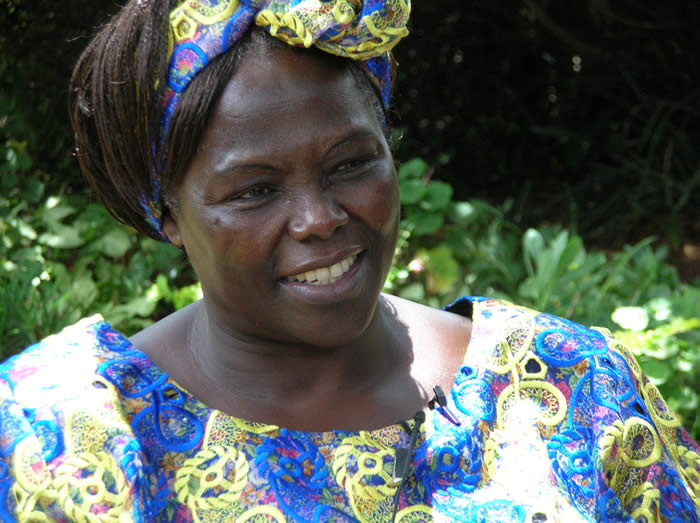 Planting trees for fuel, food and timber is not something that anyone would imagine as the first step toward winning the Nobel Peace Prize. Yet with that simple act Wangari Maathai of Kenya started down the path that helped to reclaim her country’s land from a century of deforestation while providing new sources of livelihood to rural communities. She gave previously impoverished and marginalized women the tools to participate for the first time in the political processes of their communities and the growing movement to end Kenya's twenty-four-year dictatorship.
Planting trees for fuel, food and timber is not something that anyone would imagine as the first step toward winning the Nobel Peace Prize. Yet with that simple act Wangari Maathai of Kenya started down the path that helped to reclaim her country’s land from a century of deforestation while providing new sources of livelihood to rural communities. She gave previously impoverished and marginalized women the tools to participate for the first time in the political processes of their communities and the growing movement to end Kenya's twenty-four-year dictatorship.
Taking Root weaves a compelling and dramatic narrative of one woman's personal journey in the context of the turbulent political and environmental history of her country. Wangari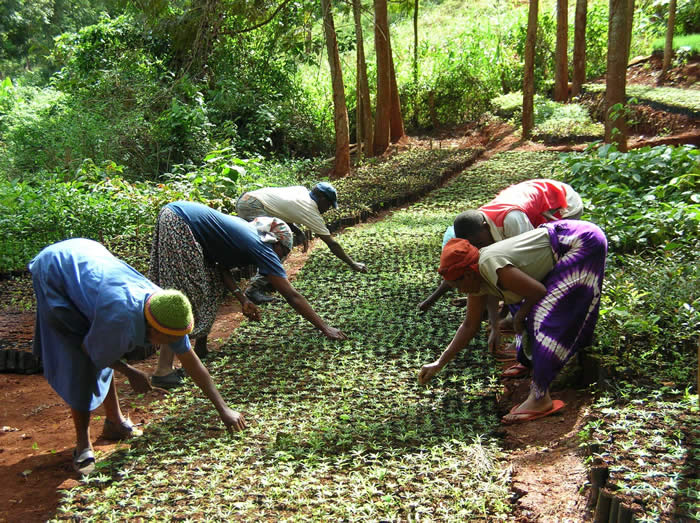 Maathai was born and raised in the rural highlands of Kenya. She went to University in the United States during the 1960s civil rights era, and was the first female to receive a doctorate in East and Central Africa. Maathai discovered the core of her life's work by reconnecting with the rural women with whom she had grown up. They told her that their daily lives had become intolerable: they were walking longer distances for firewood, clean water had become scarce, the soil was washing down hills in their fields, and their children were malnourished. "Well, why not plant trees?" Maathai thought to herself. Trees provide shade, prevent soil erosion, supply firewood, building materials, and produce nutritious fruit.
Maathai was born and raised in the rural highlands of Kenya. She went to University in the United States during the 1960s civil rights era, and was the first female to receive a doctorate in East and Central Africa. Maathai discovered the core of her life's work by reconnecting with the rural women with whom she had grown up. They told her that their daily lives had become intolerable: they were walking longer distances for firewood, clean water had become scarce, the soil was washing down hills in their fields, and their children were malnourished. "Well, why not plant trees?" Maathai thought to herself. Trees provide shade, prevent soil erosion, supply firewood, building materials, and produce nutritious fruit.
With this realization Maathai founded the Green Belt Movement, a grassroots organization encouraging rural 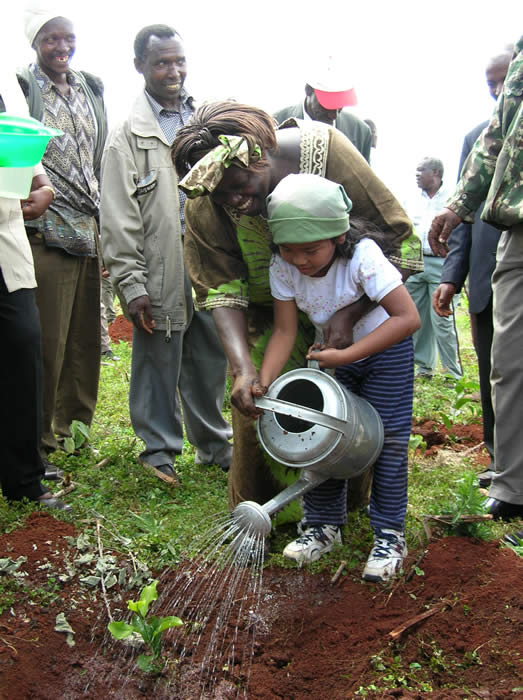 women and families to plant trees in community groups. A seemingly innocuous idea, Maathai soon discovered that tree planting had a ripple effect of empowering change. In the mid 1980s, Kenya was under the repressive regime of Daniel arap Moi under whose dictatorship group gatherings and the right of association were outlawed. In tending their nurseries, women had a legitimate reason to gather outside their homes
women and families to plant trees in community groups. A seemingly innocuous idea, Maathai soon discovered that tree planting had a ripple effect of empowering change. In the mid 1980s, Kenya was under the repressive regime of Daniel arap Moi under whose dictatorship group gatherings and the right of association were outlawed. In tending their nurseries, women had a legitimate reason to gather outside their homes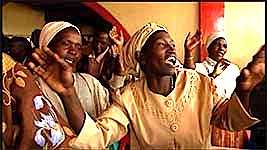 and discuss the roots of their problems. These grassroots women soon found themselves working successively against deforestation, poverty, ignorance, embedded economic interests, and political oppression. They became a national political force.
and discuss the roots of their problems. These grassroots women soon found themselves working successively against deforestation, poverty, ignorance, embedded economic interests, and political oppression. They became a national political force.
Through TV footage, newspaper headlines, and chilling first person accounts, Taking Root documents dramatic confrontations of the 1980s and 1990s and captures Maathai's infectious determination and unwavering courage. Kenya's fight for democracy finally prevailed. In 2002, a new democratically elected coalition government replaced Moi, and Maathai became a member of the new Parliament and Assistant Minister of the Environment and Natural Resources.
and Assistant Minister of the Environment and Natural Resources.
Taking Root makes clear that Britain's quest for resources and its systematic oppression of the diverse ethnic communities resulted in massive deforestation and disconnected Kenyans from their land and from themselves, 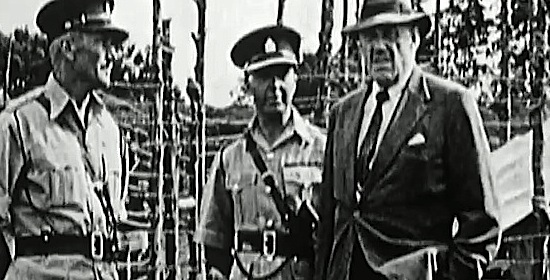 creating long-standing issues over unequal resource distribution and social unrest that exist to this day. At heart, Maathai's work is about solving these social and environmental issues by getting to the root of this deep wound.
creating long-standing issues over unequal resource distribution and social unrest that exist to this day. At heart, Maathai's work is about solving these social and environmental issues by getting to the root of this deep wound.
The trees continue to grow. Today there are more than 6,000 Green Belt nurseries throughout Kenya that generate income for 150,000 people, and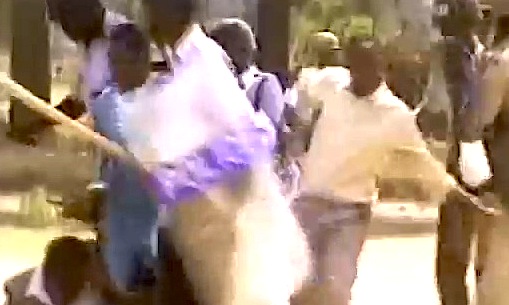 thirty-five million trees have dramatically altered the physical and social landscape in various regions of the country. The Green Belt Movement has also started programs teaching women about indigenous food crops, income generating activities, HIV/AIDS, and self-empowerment.
thirty-five million trees have dramatically altered the physical and social landscape in various regions of the country. The Green Belt Movement has also started programs teaching women about indigenous food crops, income generating activities, HIV/AIDS, and self-empowerment.
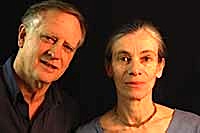 Alan Dater and Lisa Merton have been working together on the production of documentary films since 1989. Their productions include: Home to Tibet, a film about a Tibetan refugee's return to his homeland, shown on many PBS stations, and at the International Documentary Film Festival in Amsterdam; Bridge of Fire, the story of the collaboration of a Japanese potter and a Vermonter potter, winner of a Cine Golden Eagle and The Best Media Work at the Montreal Festival of Films on Art, also screened at the Museum of Modern Art and the Louvre; and Wolf Kahn: Landscape Painter, a portrait of the well known American painter, winner of a Cine Golden Eagle; and The World in Claire's Classroom a documentary on a veteran Vermont public school teacher’s extraordinary vision of teaching children how to appreciate diversity, and how to respect themselves and others.
Alan Dater and Lisa Merton have been working together on the production of documentary films since 1989. Their productions include: Home to Tibet, a film about a Tibetan refugee's return to his homeland, shown on many PBS stations, and at the International Documentary Film Festival in Amsterdam; Bridge of Fire, the story of the collaboration of a Japanese potter and a Vermonter potter, winner of a Cine Golden Eagle and The Best Media Work at the Montreal Festival of Films on Art, also screened at the Museum of Modern Art and the Louvre; and Wolf Kahn: Landscape Painter, a portrait of the well known American painter, winner of a Cine Golden Eagle; and The World in Claire's Classroom a documentary on a veteran Vermont public school teacher’s extraordinary vision of teaching children how to appreciate diversity, and how to respect themselves and others.